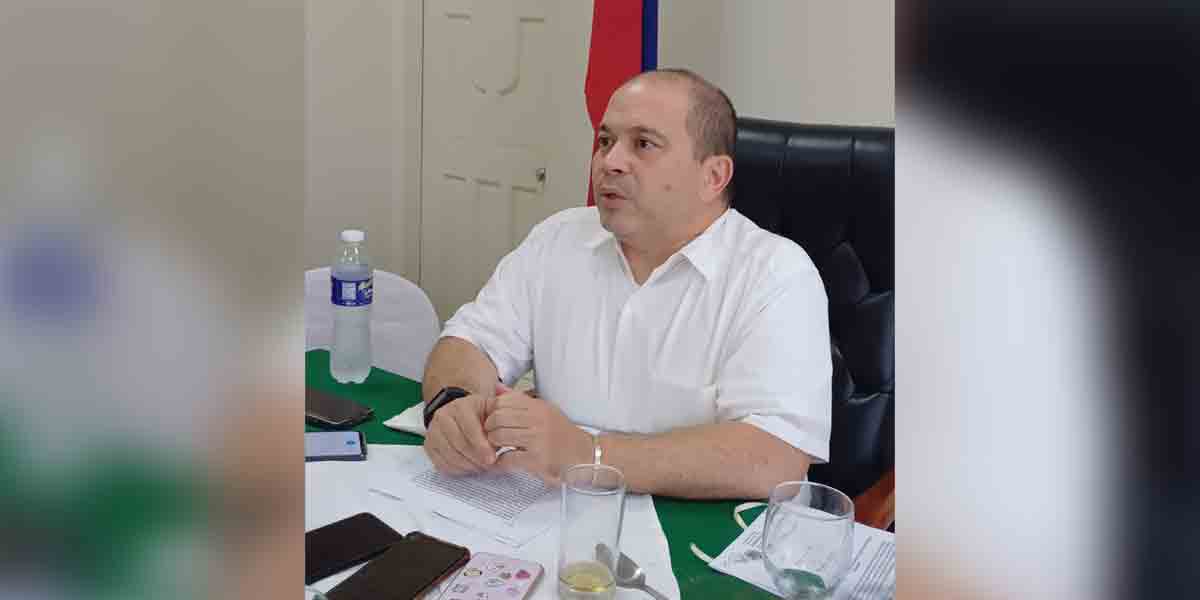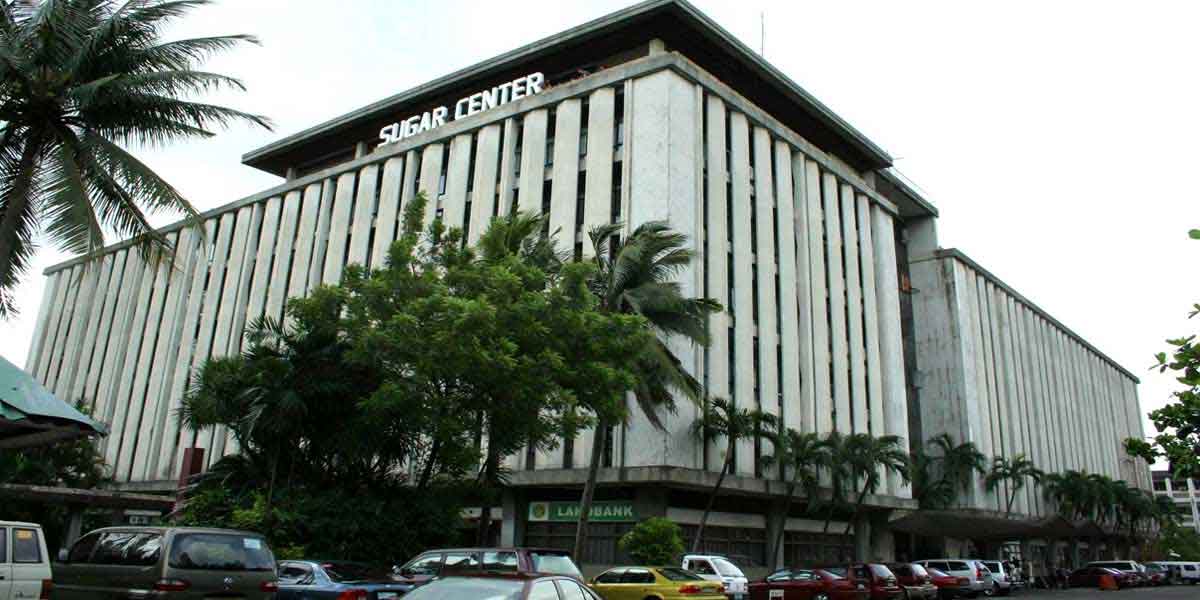The recent move by Iloilo City Mayor Jerry Treñas to reclaim several pieces of equipment previously donated to Museo Iloilo has stirred controversy and speculation.
The items, originally provided under the administration of former mayor Jed Patrick Mabilog, included essential equipment for the museum’s operations, such as tables, chairs, steel cabinets, glass doors, CCTV systems, and air conditioning units.
Mayor Treñas has justified the reclamation by citing the principle that public funds cannot be used for the benefit of a private foundation, a point he asserts is grounded in government audit rules.
However, this justification has not been backed by specific violations of any legal provision, leading to insinuations that the action might be politically motivated.
Government audit regulations, specifically Section 189 of the Commission on Audit (COA) Circular No. 92-386, state that disposable government property may be donated to “charitable, scientific, educational and cultural associations” with the approval of the concerned sanggunian. This provision seems to allow for the kind of donation made to Museo Iloilo, provided the necessary approvals were obtained.
Mayor Treñas’ broad statement, “Public funds cannot be used for the benefit of a private foundation like Museo Iloilo,” lacks the specificity required to address these nuances.
This has raised questions about whether the reclamation is a strategic political maneuver, particularly given the impending 2025 midterm elections and the political dynamics involving former city mayor Jose “Joe” Espinosa III, who is expected to run for Congress against Treñas’ daughter, Raisa Treñas-Chu.
The management of Museo Iloilo has returned the items without protest and has even received replacements from charitable donors. Despite this, the mayor’s vague explanations have done little to dispel the cloud of suspicion surrounding his actions. Clearer communication from Mayor Treñas is essential to avoid further speculation and to ensure public trust in his administration.
The mayor’s implication that the previous administration, led by Jed Patrick Mabilog and the city council at the time, violated government regulations with the donation, adds another layer to the controversy. This insinuation casts doubt on the integrity of former officials and invites scrutiny of their decision-making processes.
While the mayor has stated that the reclamation is unrelated to the upcoming elections and was supposed to occur last year, the timing and manner of the action have inevitably linked it to the current political landscape.
Mayor Treñas’ reliance on general principles without detailing specific legal violations only serves to fuel suspicions and detracts from the public’s understanding of the issue. For the sake of transparency and accountability, it is incumbent upon him to provide a detailed explanation of the legal grounds for the reclamation.
Citing specific provisions of the COA guidelines and demonstrating how the donation violated these rules would go a long way in clarifying the city’s position and dispelling doubts about the motives behind this move.
While adherence to legal principles and audit guidelines is crucial, the lack of specificity in Mayor Treñas’ statements has left room for doubt and speculation.
A more detailed and transparent approach is necessary to ensure public trust and to avoid the perception of political maneuvering. Only by providing clear, specific justifications can the mayor effectively address the concerns raised by this contentious issue.




















